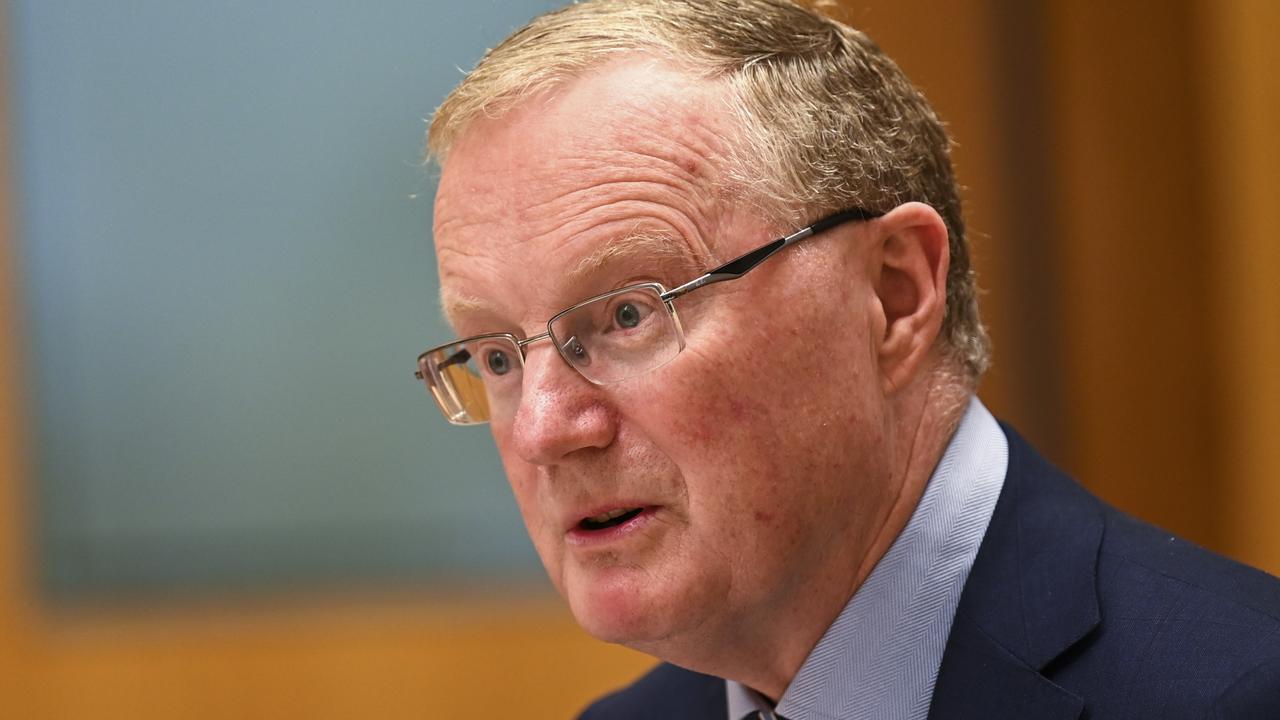PwC tax scandal: Can the partnership survive intact?

Keeping trust top of mind is a daily habit that any good business leader can practice, Ryan said. “Building trust has never been more important.”
His comments couldn’t have been better timed. The shocking abuse of trust at PwC Australia’s tax advisory arm has shredded the reputation of the firm’s business and the damage looks set to spread globally taking in offshore clients.
In financial circles it’s widely known that once you lose the confidence of the Reserve Bank, there’s little coming back. PwC has now crossed that line and now the firm and its partners will be thinking about the damaging downward spiral. The question now is can PwC survive intact from here?

With its main asset – reputation – so massively damaged and important government and potentially corporate clients fleeing, it will be difficult.
It will largely come down to how much reputational pain the global PwC partnership is willing to absorb to help save Australia.
Remember PwC – like all the big four accounting firms – operates as a federated partnership. This essentially means each geographical entity is independent from the other.
PwC’s acting chief executive Kristin Stubbins apologised for the scandal this week and sent nine partners on forced leave.
If PwC Australia manages to move itself forward it will be a significantly diminished organisation, with nothing like the 9200 employees or $2.6bn in annual revenue. It will take years and a heavy investment to rebuild, always being a distant fourth from its rivals.
Those with longer memories recall it took just months for Enron auditor Arthur Anderson to go out of business after clients and staff fled the top-tier firm in the wake of the accounting scandal.
The Australian Taxation Office has already named miner Glencore, brewer AB Inbev and meat processor JBS as making use of confidential information leaked by PwC to minimise tax. The ATO suspects dozens more PwC corporate clients benefited from the information. These clients will be seething they are likely to be dragged into an ever-widening scandal in Australia and they will make their anger known with their lead PwC partner back in their home market.
There is also a chance the powerful US SEC will investigate if there was any intentional wrongdoing at the board level in the way these companies used advice that came their way. What a mess.
‘Unacceptable’
Reserve Bank governor Philip Lowe described the behaviour of PwC as unacceptable and will ban the firm until it can prove full transparency and accountability. This means the naming of partners involved.
Lowe told a Senate estimates hearing: “The use of private information for this sort of commercial gain is wrong, it destroys trust … it’s unacceptable”.
The RBA however does have a $400,000 consulting agreement with PwC around underpayments of employees that had left that was entered into last year. Lowe said he plans to let this run its course, although the central bank should be seeking to dismiss them earlier. Treasury and bank regulator APRA have also effectively banned PwC and other government agencies and now state governments are in rapid retreat. It will be a brave government department that sends any work to PwC in the near future.
Even more damaging, APRA revealed it has spoken to the boards of the big four banks about their relationships with PwC and whether this goes to operational risk. CBA and Westpac use the firm as their lead auditor.

But this is the issue. The pool of auditing talent is small in Australia and its demise could also disrupt corporate activity. PwC too has an active M&A advisory arm, involved in more than $1bn deals in Australia over the past year.
APRA’s chair John Lonsdale acknowledged the challenges for a bank or an insurer to quickly unravel its relationship with an auditor given the complexity and the size of the job,
Even so, several senior executives The Australian has spoken to over the past week are stunned by the revelations coming out of the PwC scandal. One said that even though his company remains confident around the auditing services they have used from PwC, they would be weighing up ejecting the firm in order to send a message to the entire industry that the behaviour is unacceptable.
As shareholders in the firm, PwC’s partners will quickly feel the financial pain of the loss of revenue with some weighing up jumping ship and taking their plum clients with them.
The youngest and brightest of PwC’s staff will also look to the other three auditing firms given the prospect of their careers being cut off and PwC’s best jobs drying up.
The comments have been repeated in various forms across many industries but the message remains the same. It is clear PwC faces an informal ban on consulting services for the foreseeable future. It is harder to switch auditors but Lendlease, which had been considering changing its long time auditor KPMG to PwC, has “paused” the audit tender process for now. Other companies will be looking to distance themselves.
From the outside it looks as though 50 senior partners and others were privy to how the confidential tax information was used to try and drum up new business. This reveals a culture around trust and ethics that was broken from the top of the organisation.
All the big four audit firms are structured in the same way. They provide auditing services for signing off accounts, but the real lucrative fee streams are generated from consulting services. Audit partners are separate from consulting partners and generally there are informal rules around firms doing audit work being prevented from doing consulting services to preserve the independence of auditors. The perception here is that auditors could be compromised in the hope of the firm winning more lucrative contracts down the track. While there is no ban in place in Australia, it is regarded as best practice for the external auditor to be separate from providing consulting services.
Back in the US, PwC’s Ryan personally oversaw the third annual US trust survey that showed business leaders over-estimated just how much they were trusted by customers and staff. There was a prescient warning for executives that missed the signs.
“A lack of trust can erode brand value, hurt financial performance and limit a company’s ability to attract and retain talent,” the PwC report said.






Earlier this year Tim Ryan, the chair of PwC’s giant US operation spoke of the importance of trust in a large organisation.